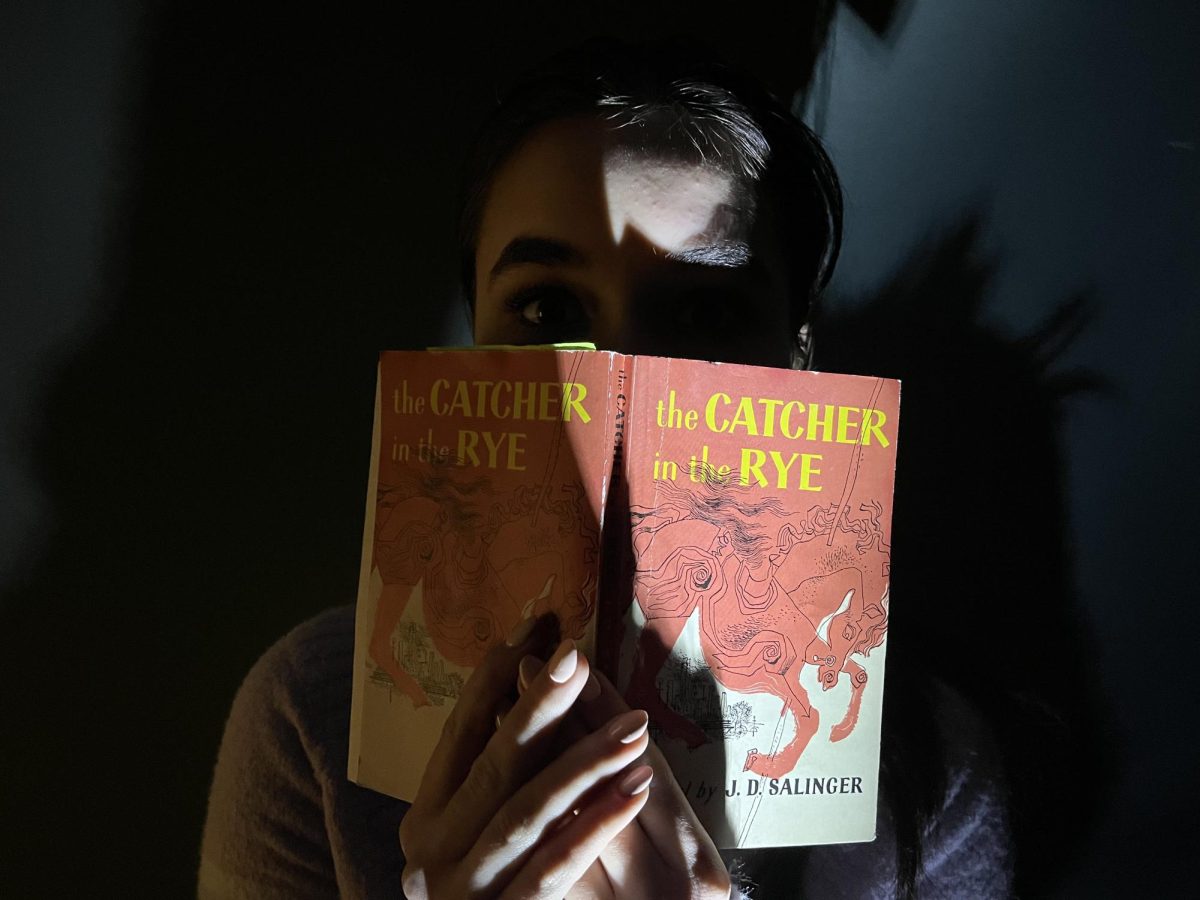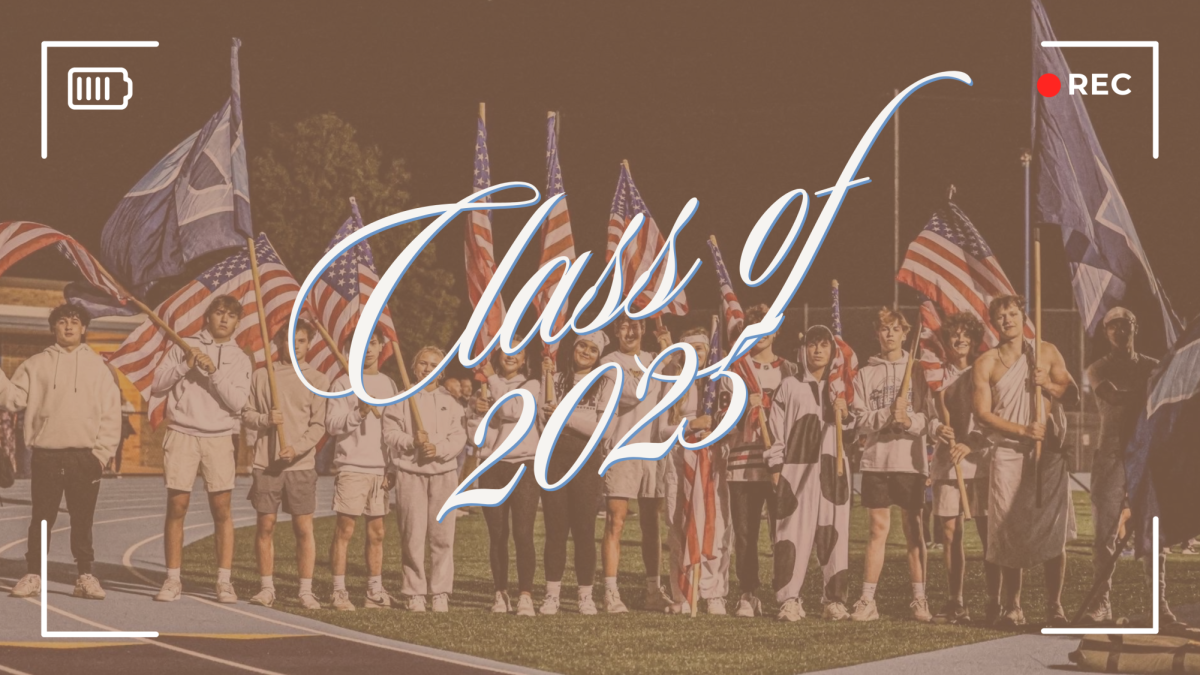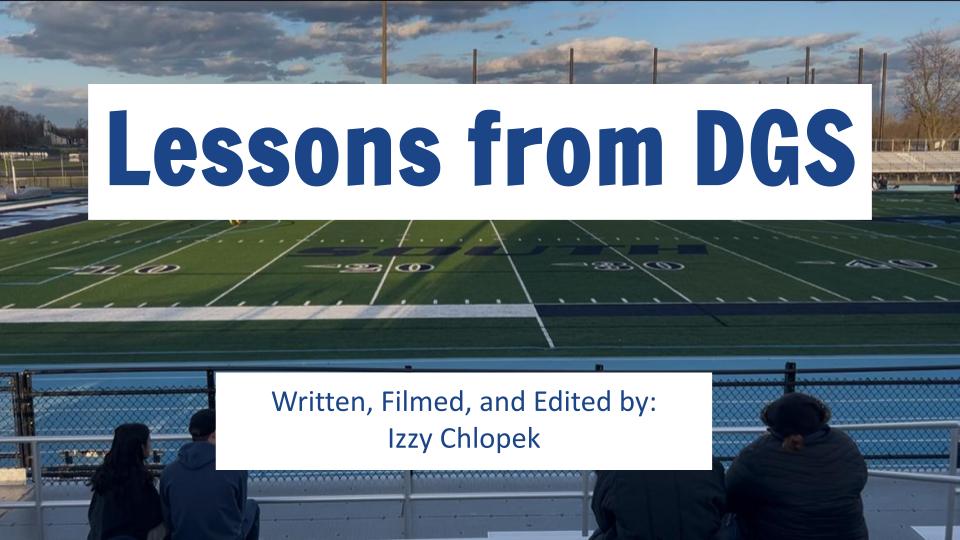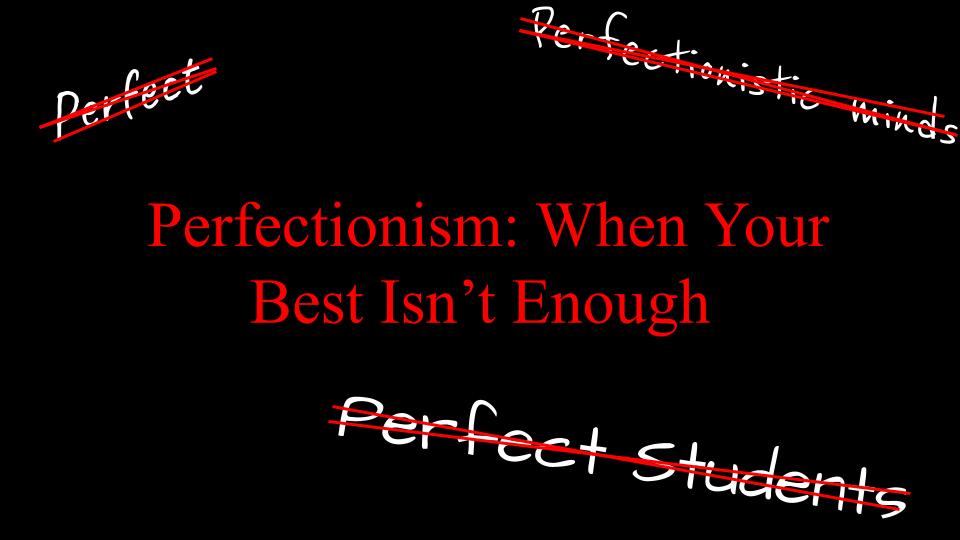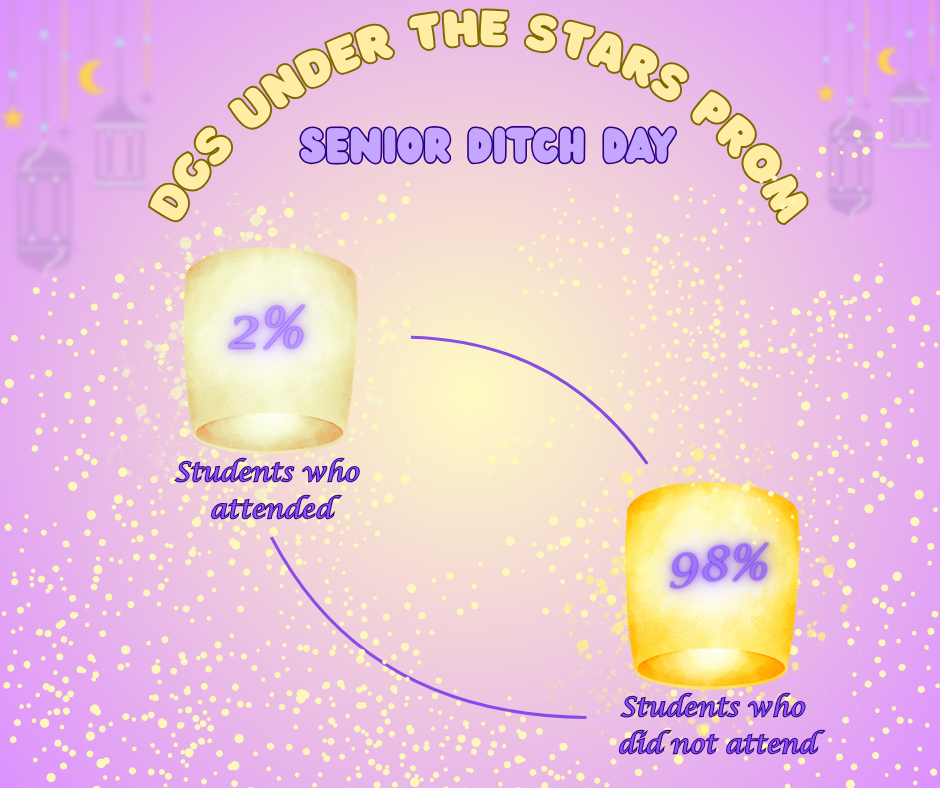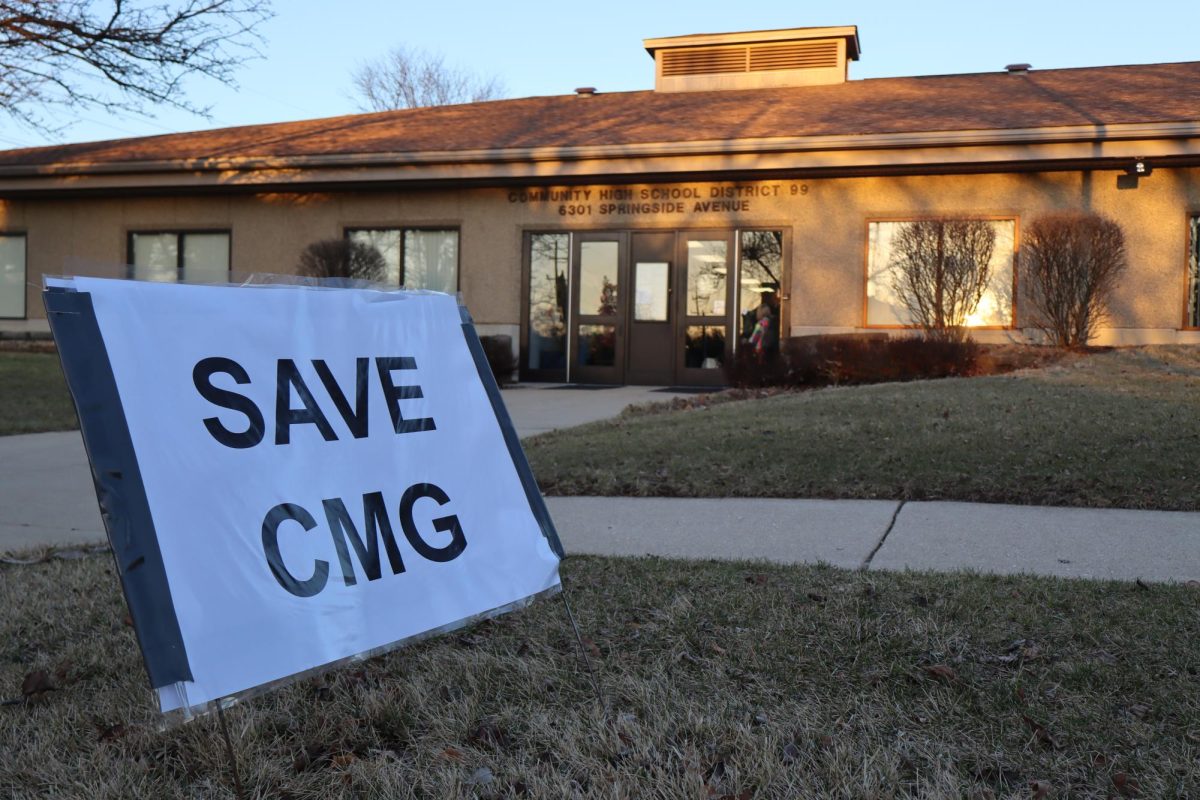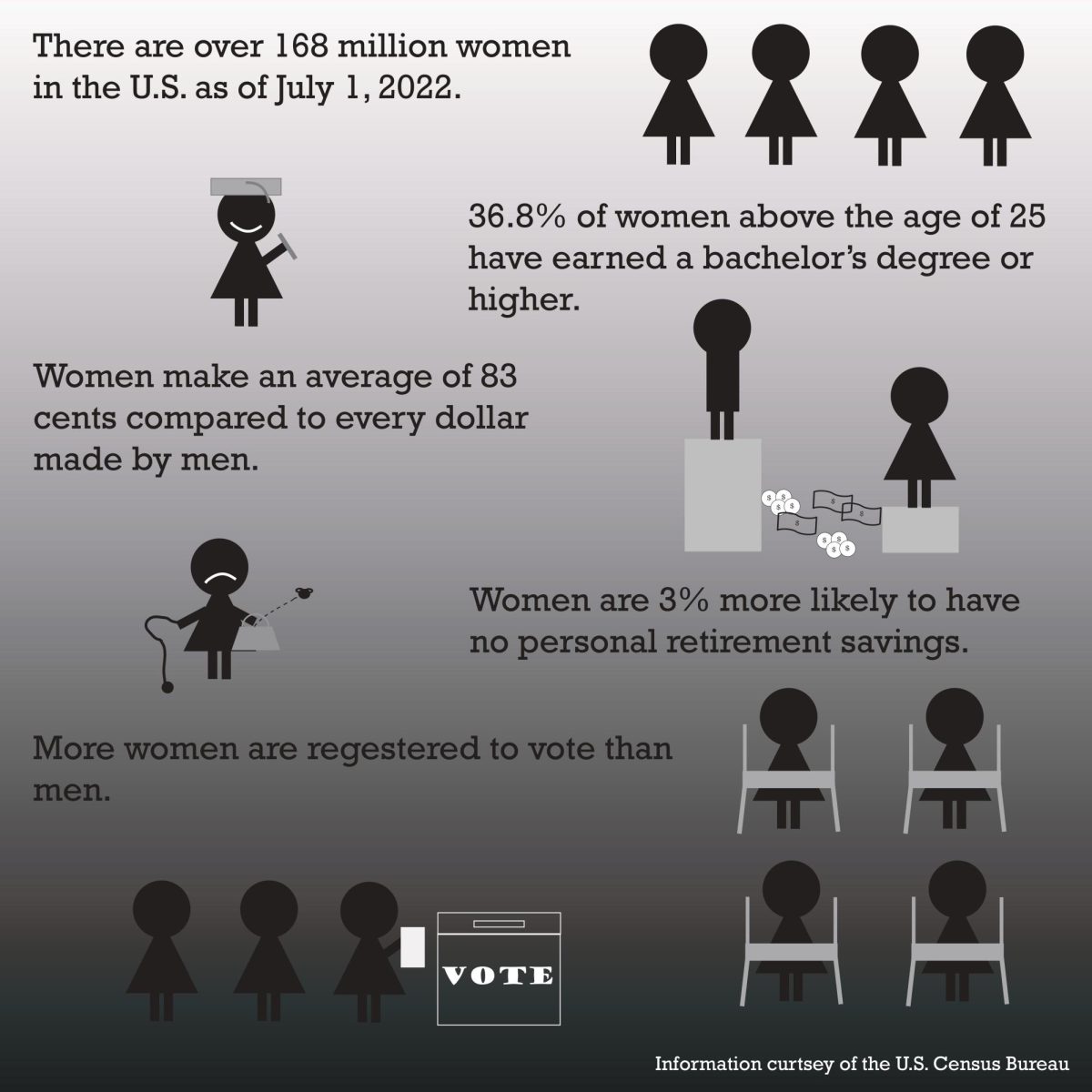Book bans have been sweeping across the country, stirring up controversy in and out of the classroom. According to the American Library Association, 2023 saw a 20% increase in the amount of attempted book bans than 2022.
While DGS has not seen a significant change due to this trend, the outlawing of books still raises questions, concerns and opinions in the school community.
On Jan. 1, the bill HB2789 signed by Governor JB Pritzker made Illinois the first state to outlaw book banning.
Junior Mikaela Cresse is an avid reader and explained her take on censoring literature.
“ [Book bans] are harmful because they restrict certain knowledge from people that they deserve to know,” Cresse said.
While DGS does not have severe restrictions against content, conversations about removing certain texts are still brought up in departments. English teacher Trevor Parker detailed his philosophy when it comes to creating curriculum around banned books.
“Our question is not so much around how can we get banned books on lists. It’s more about how we can give students access to perspectives that are both windows and mirrors into their experience, and how we can continue to not just tokenize but to actually represent diverse perspectives in an empowered way,” Parker said.
The New York Times explains that books are generally challenged for highlighting the topics of “race, gender and sexuality.” Specifically, works that offer a view that is not mainstream.
Parker did recognize that there are some benefits to banning books for students.
“[Banning books] actually raises awareness, and I think it has this gravitational pull. People are like ‘if you’re banning that, what’s in there that you don’t want me to see’ and I think there is a magnetism that can be generated,” Parker said.
Students become curious when they are told no in reference to certain texts. Cresse added to this way of thinking.
“Book bans make me want to read the banned book more, because I want to know why we can’t read it,” Cresse said.
English teacher Nicole Proimos explained some of the consequences she believes content bannings can bring to students.
“Students who typically don’t have a voice, it’s taking their voice away. I don’t think it [learning] should be narrow-minded, or one voice, and taking that option away can be detrimental to students who wouldn’t otherwise experience those books,” Proimos said.
DGS continues to teach and allow literature that frequently makes banned book lists. “The Catcher in the Rye,” “The Great Gatsby” and “Fahrenheit 451” are some examples. Parker detailed why he believes access to different kinds of stories are necessary for students to receive a well-rounded education.
“Letting us wrestle with that fear, letting us wrestle with those perspectives, is so much more beneficial that putting it in the shadows. It just creates these no-go areas that will not promote further development of self and community,” Parker said.

